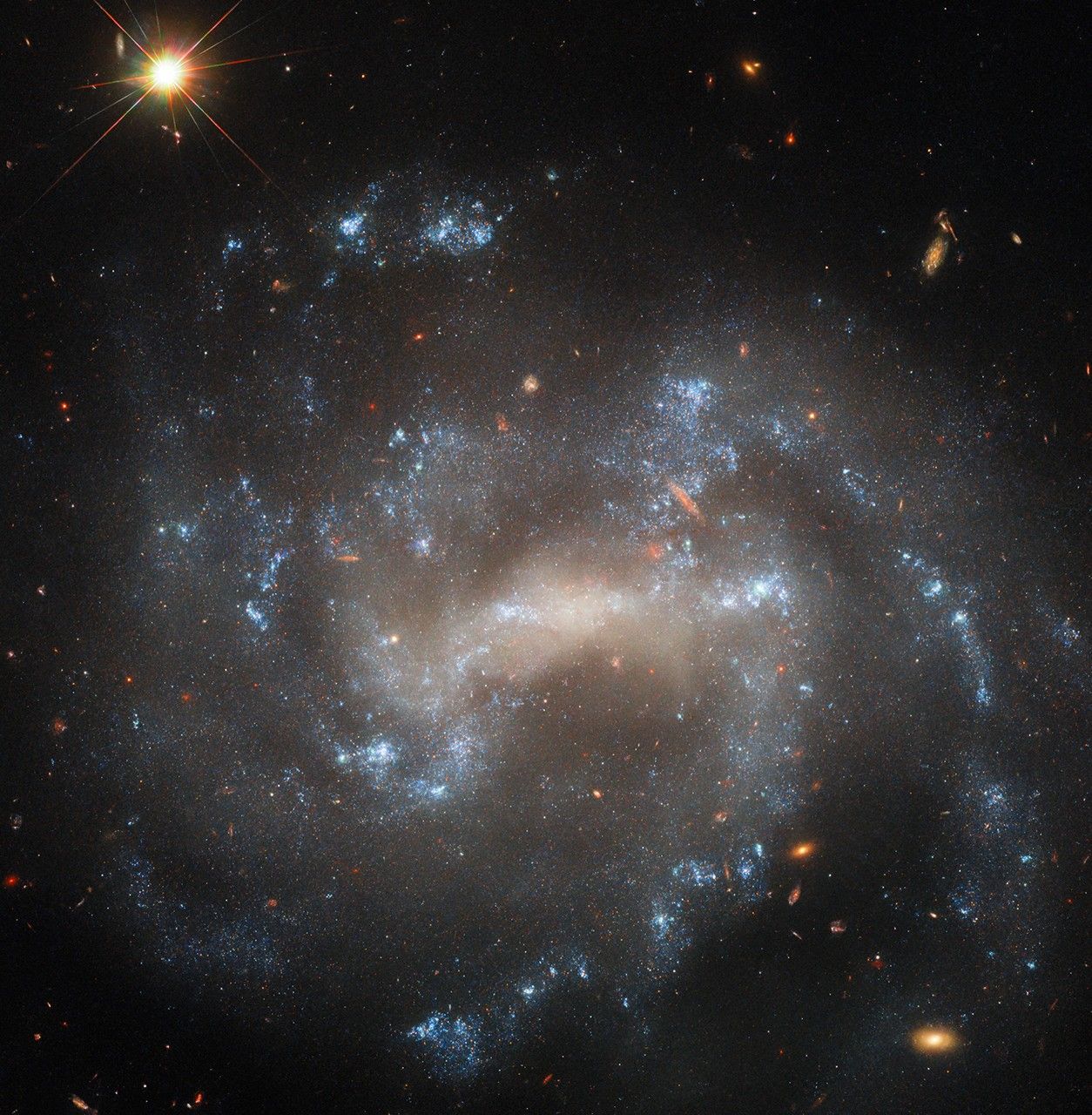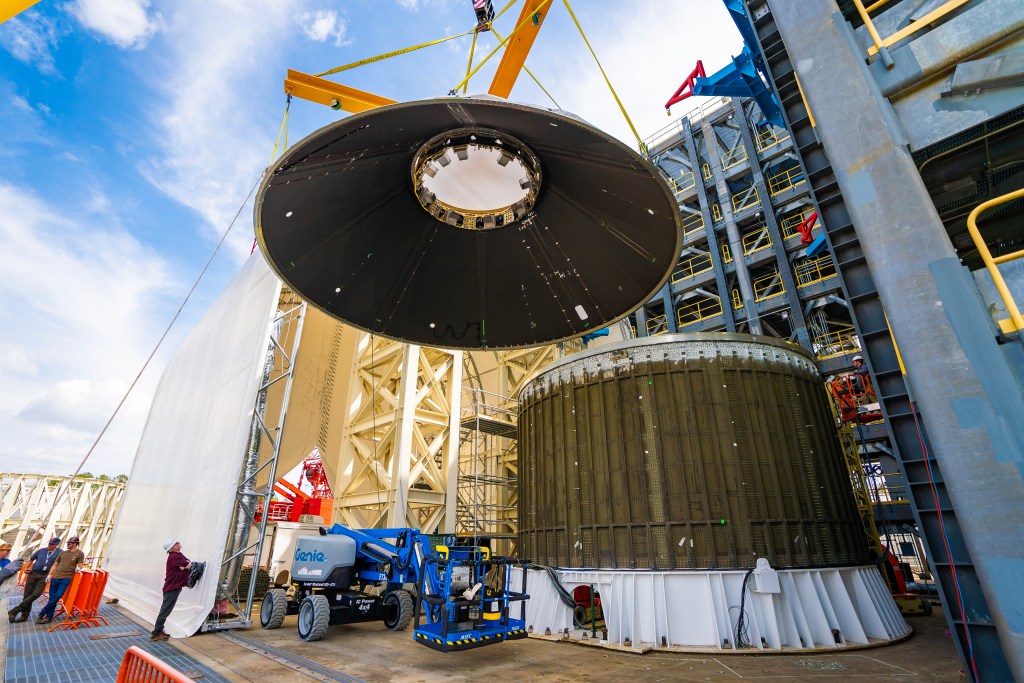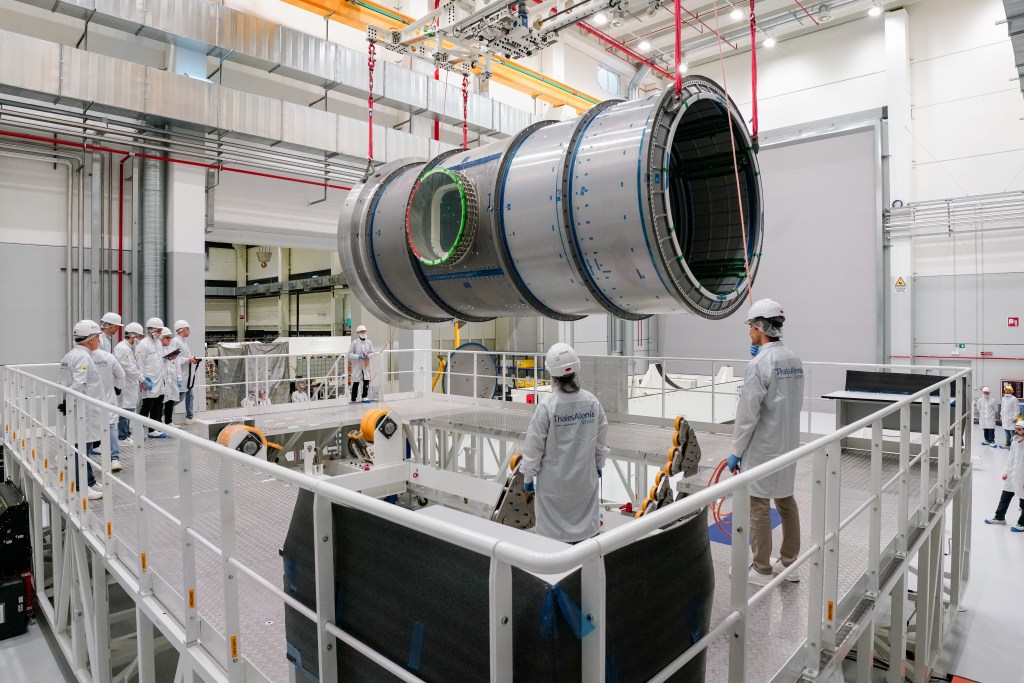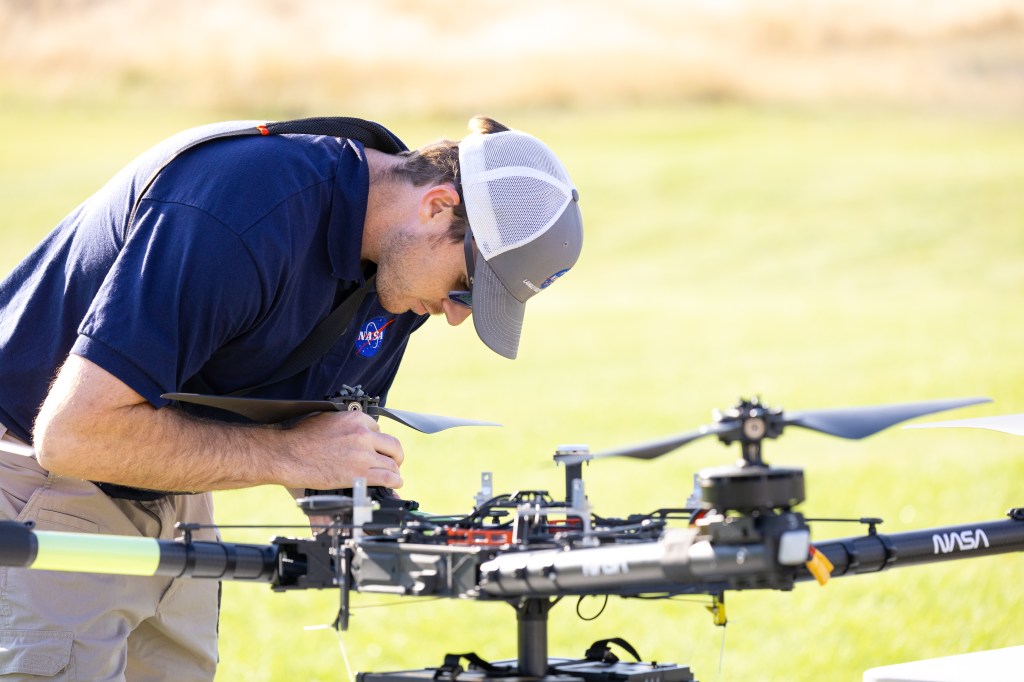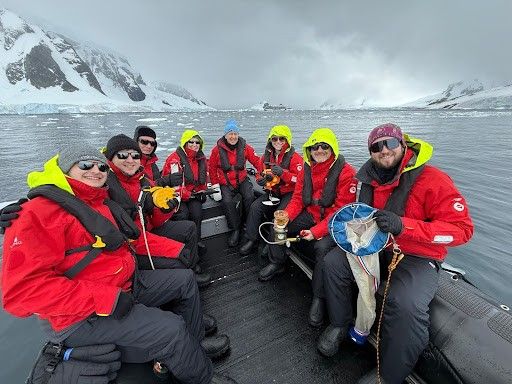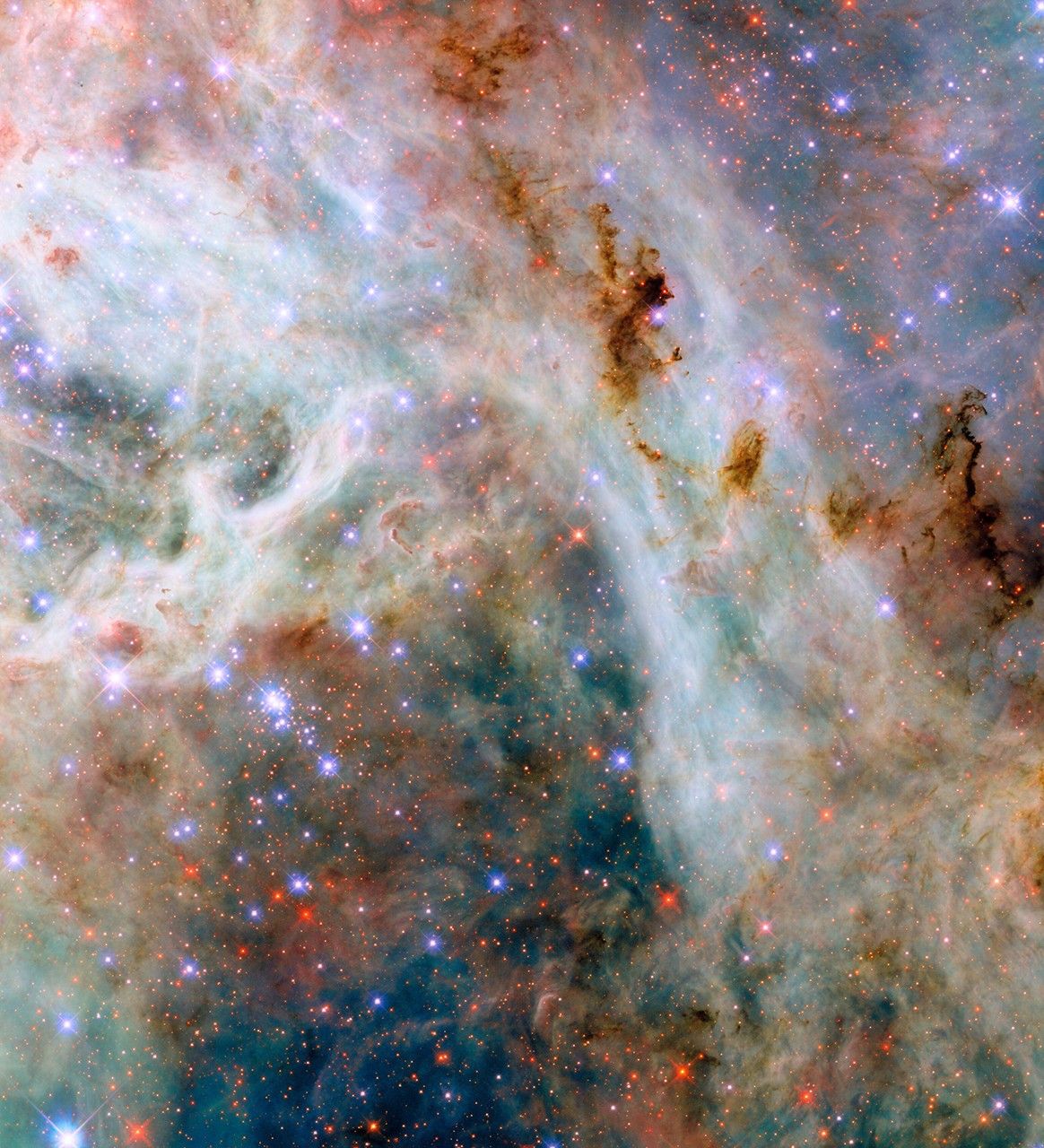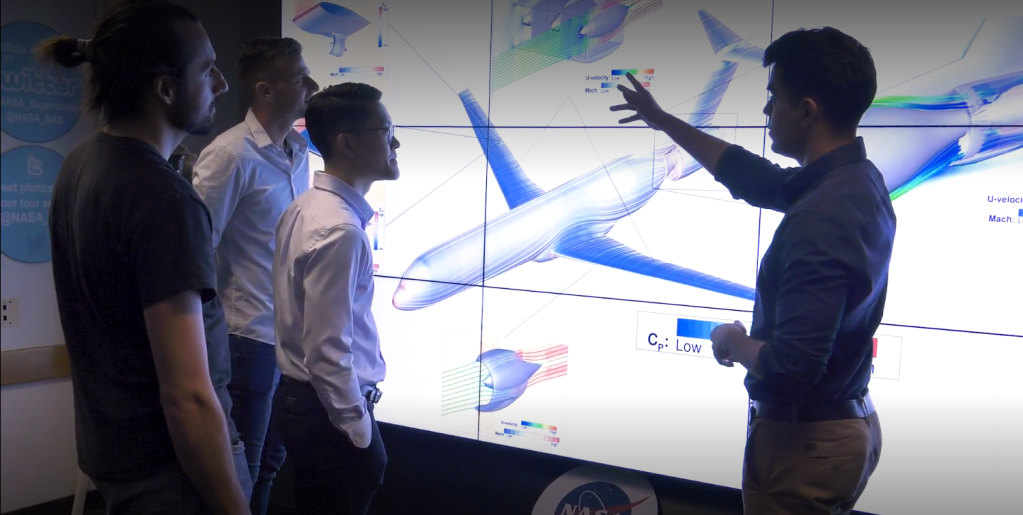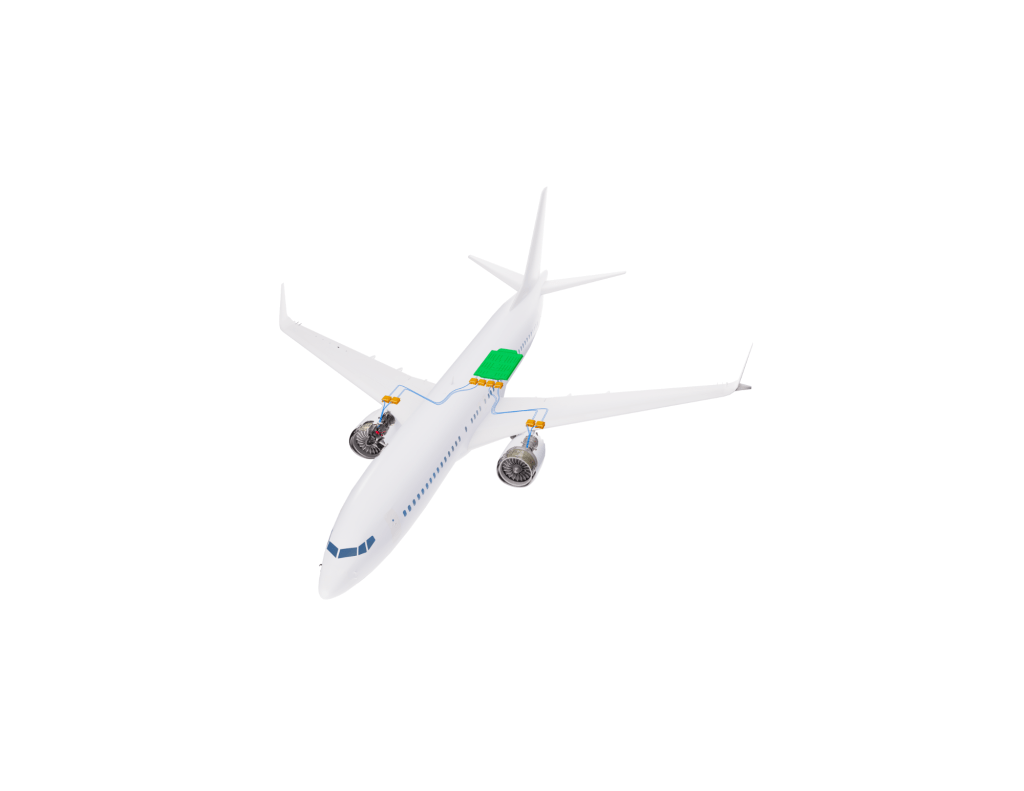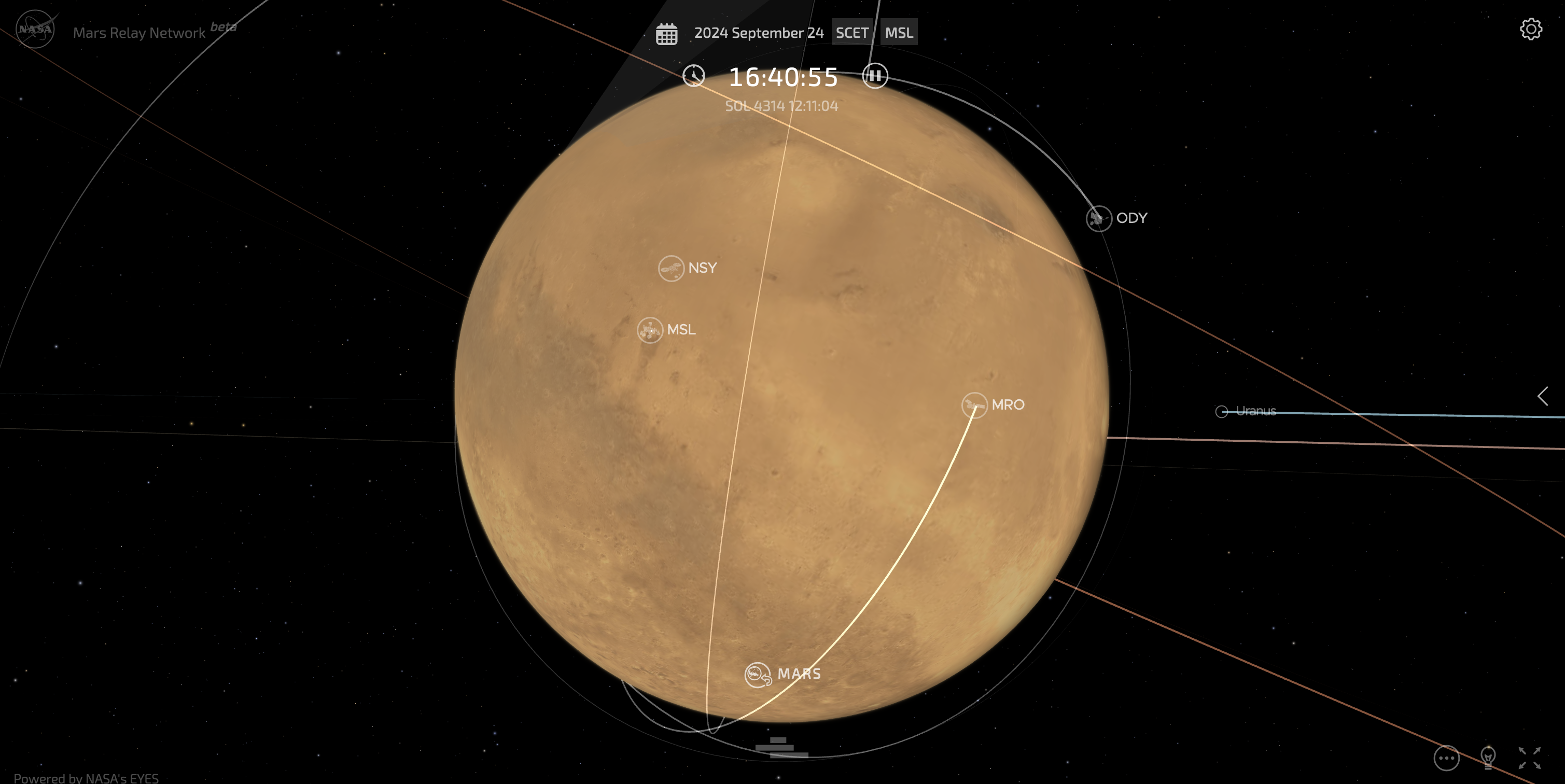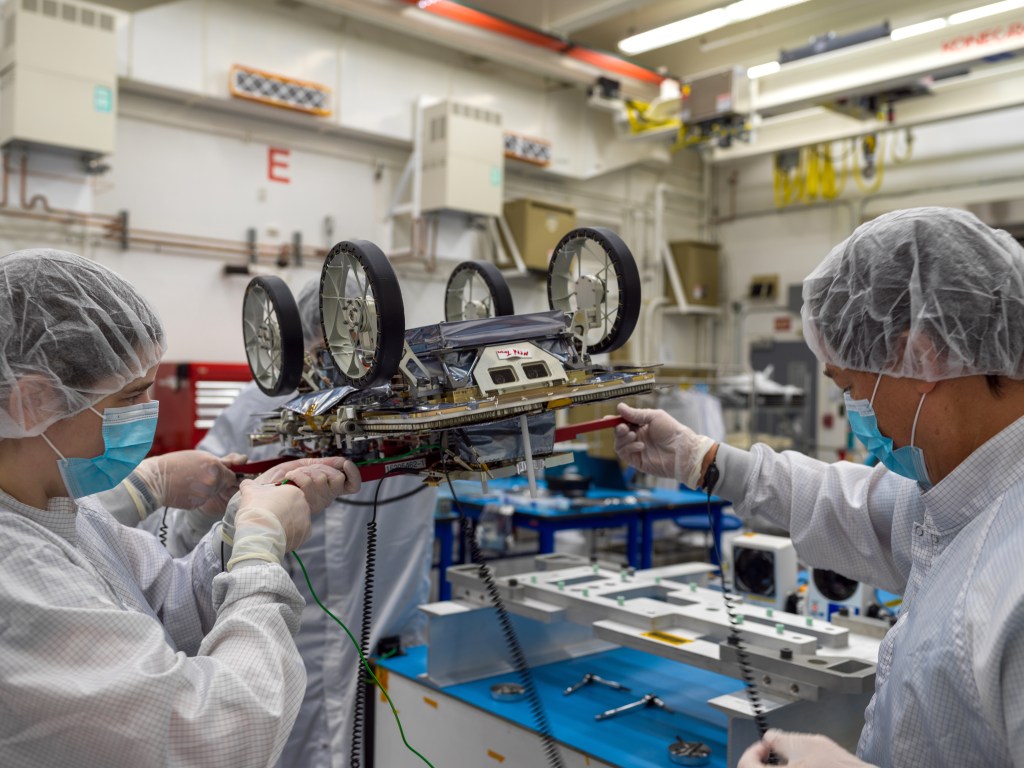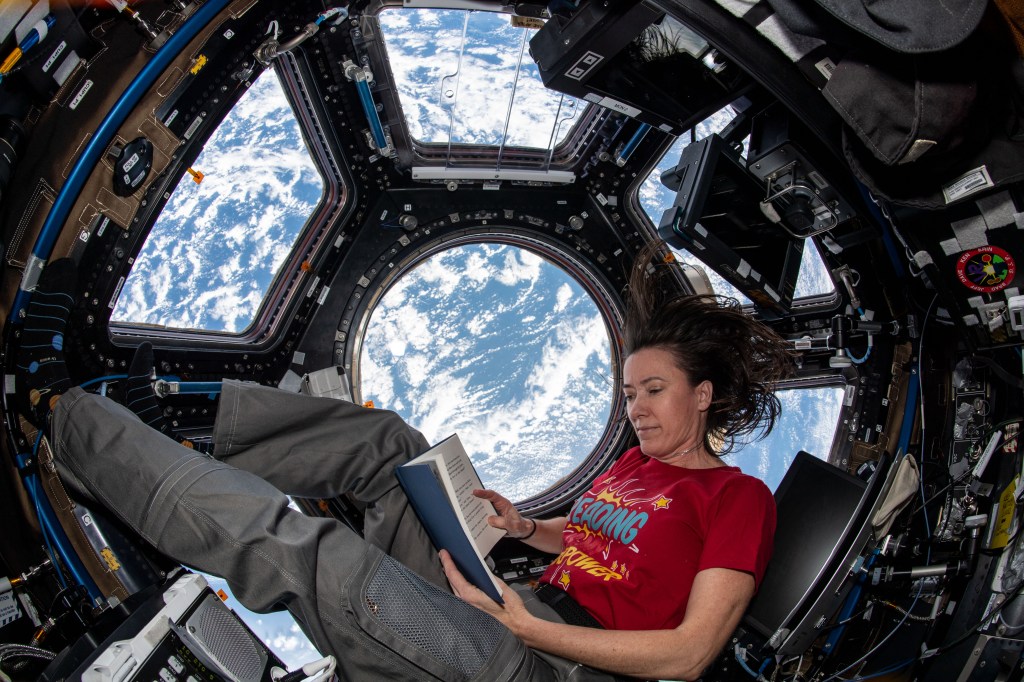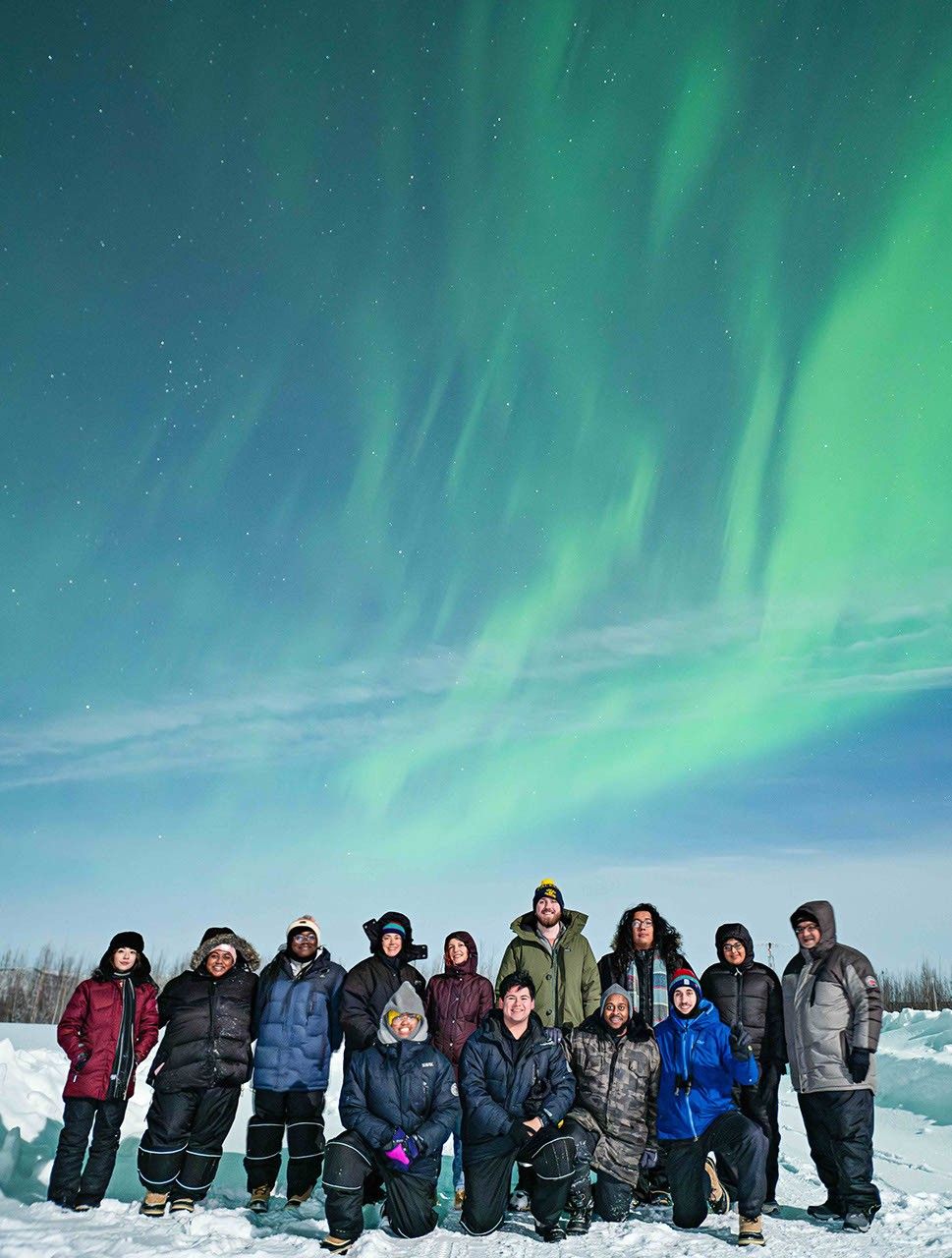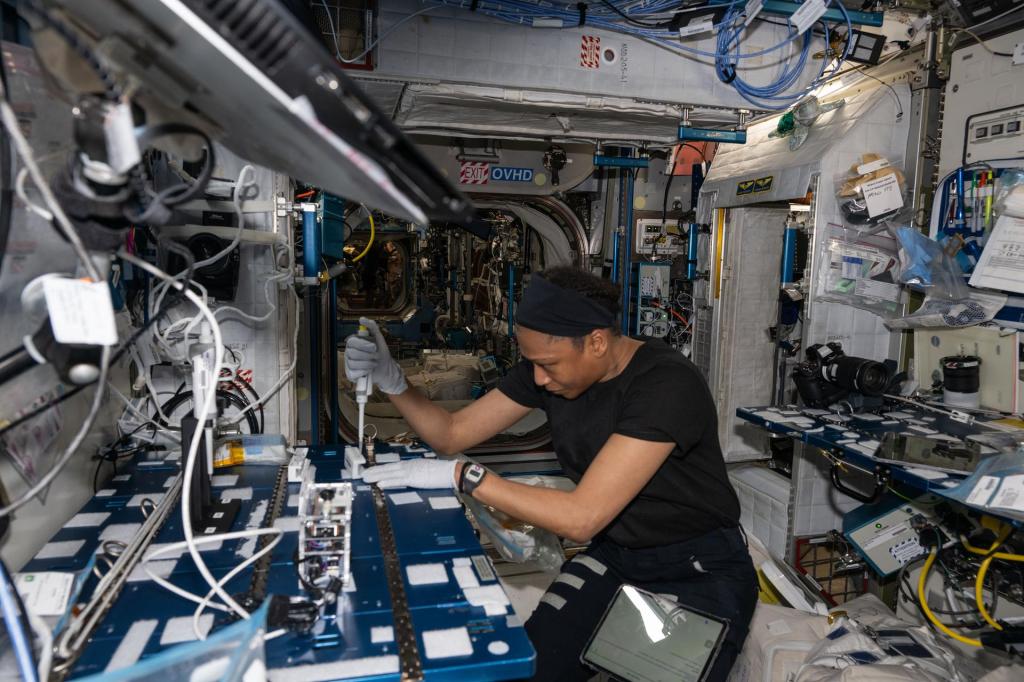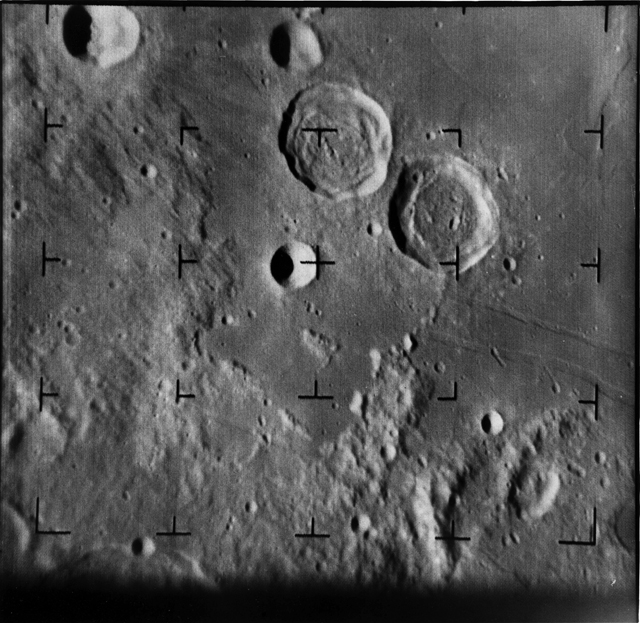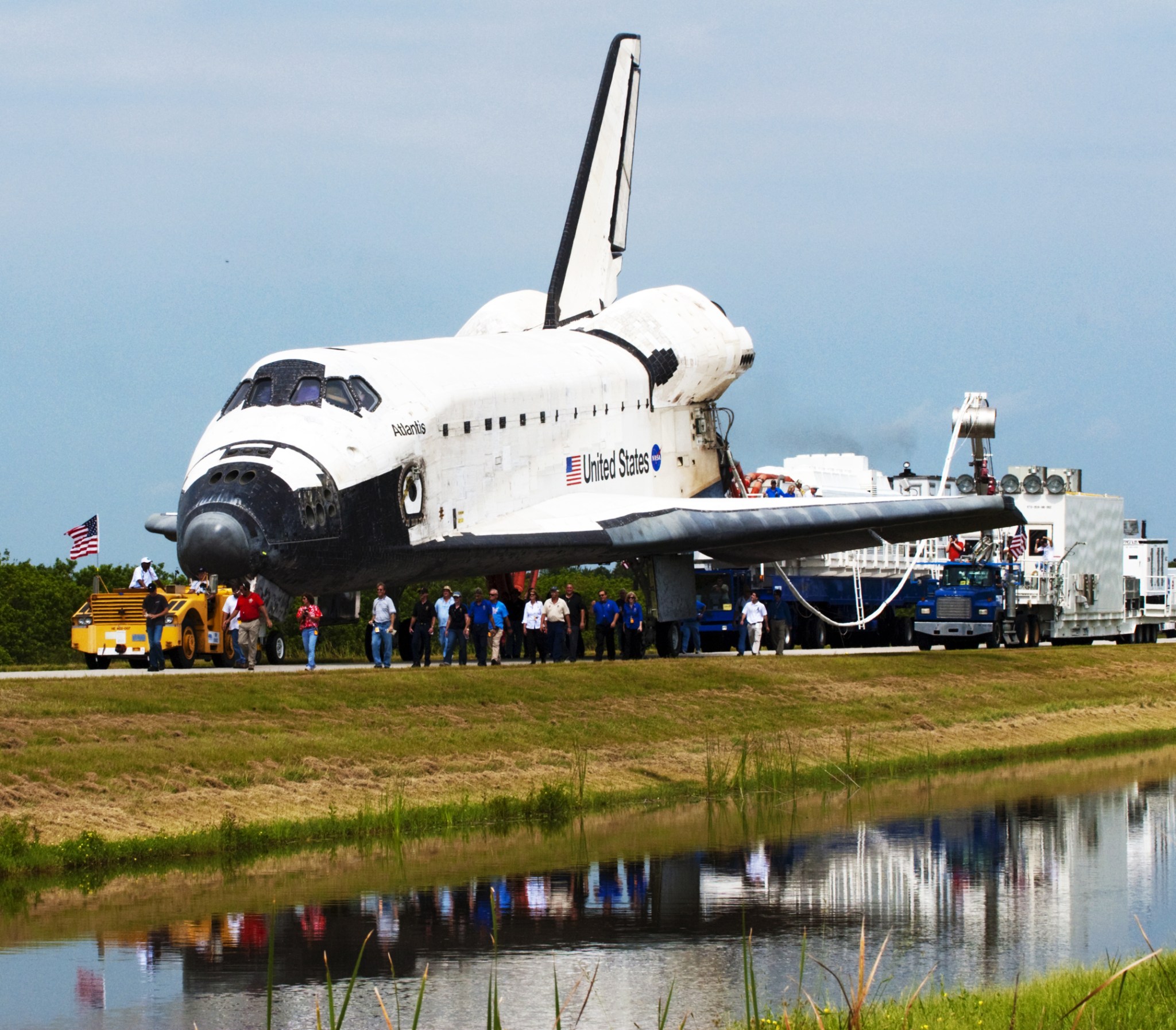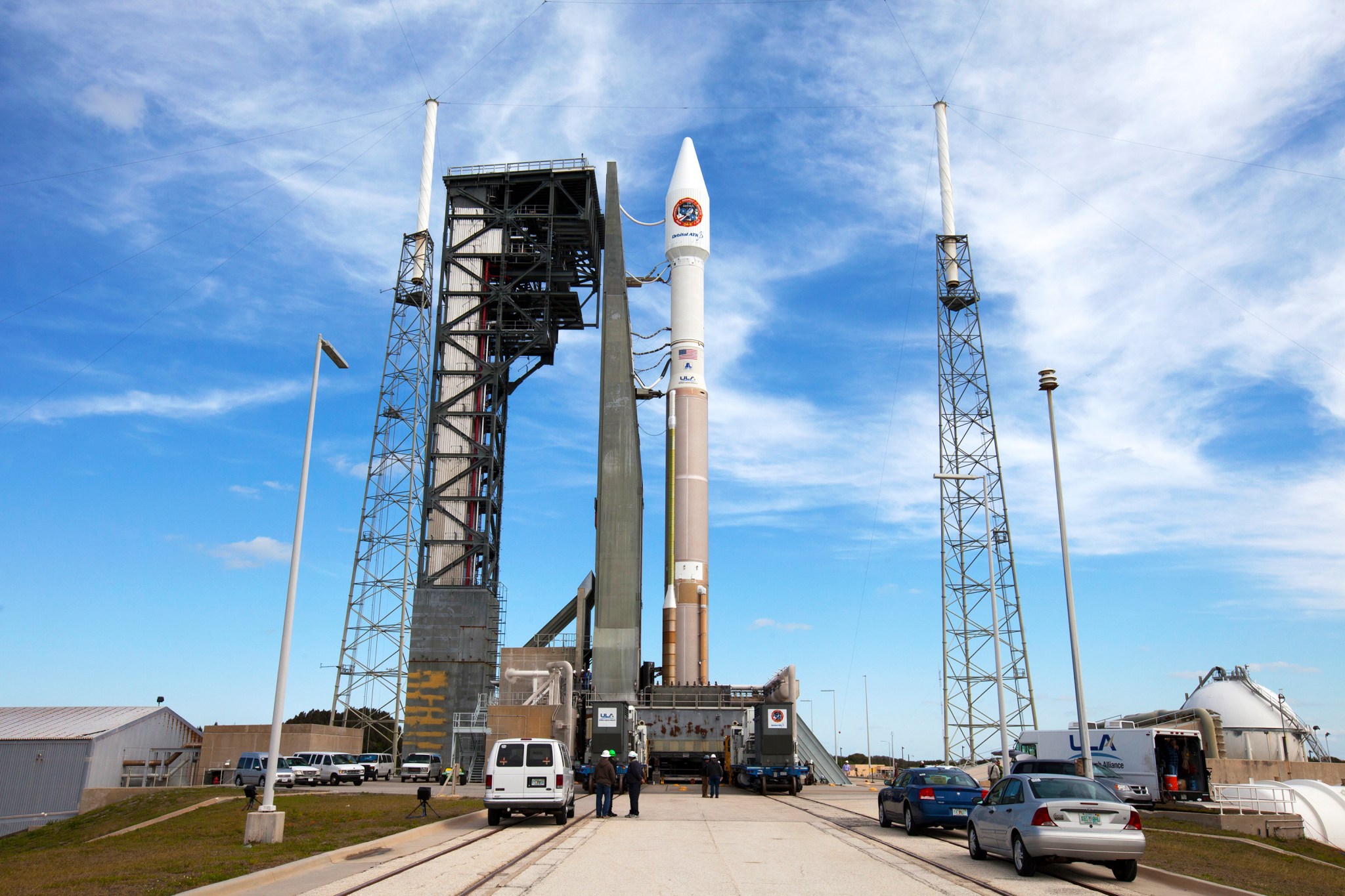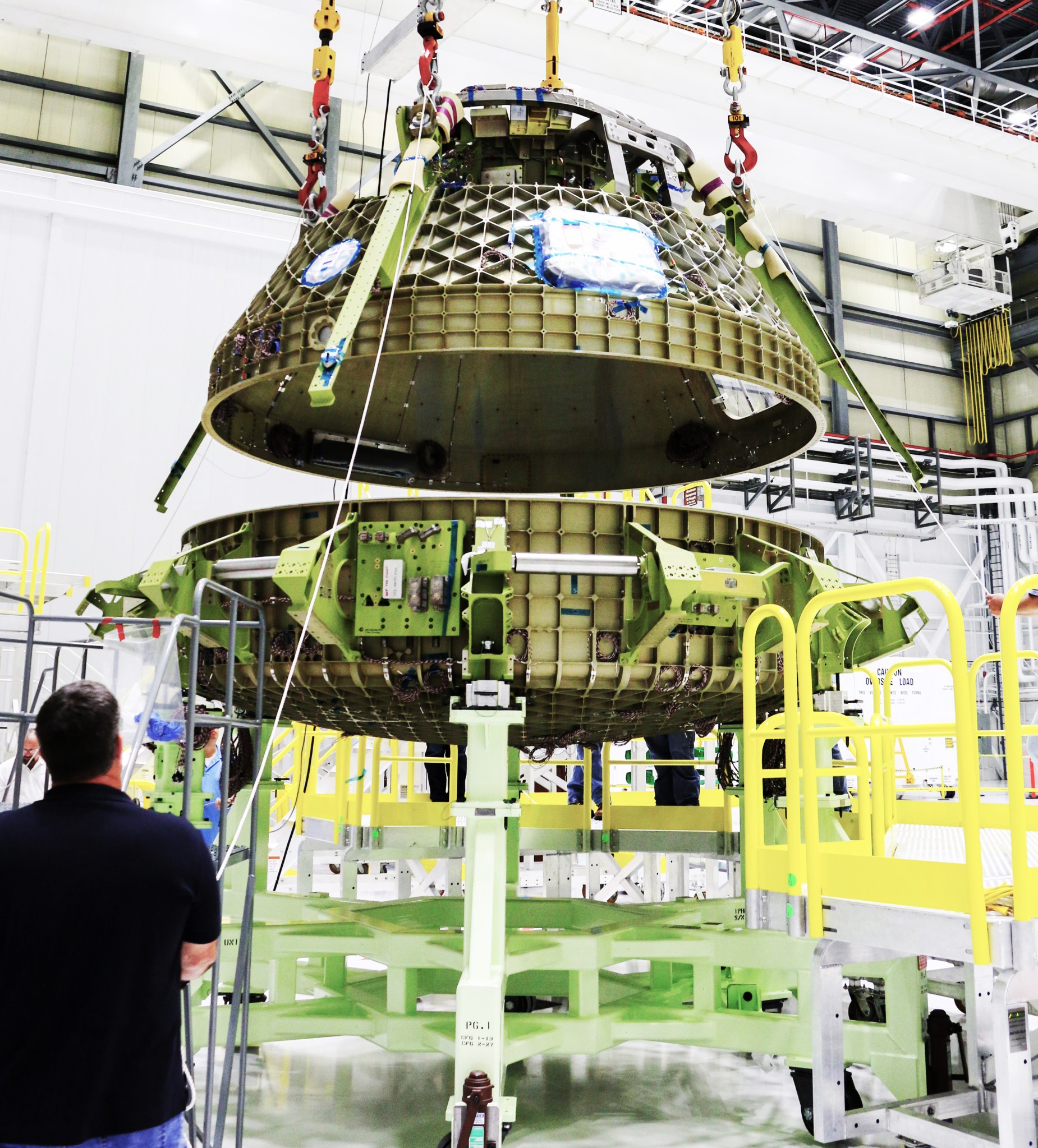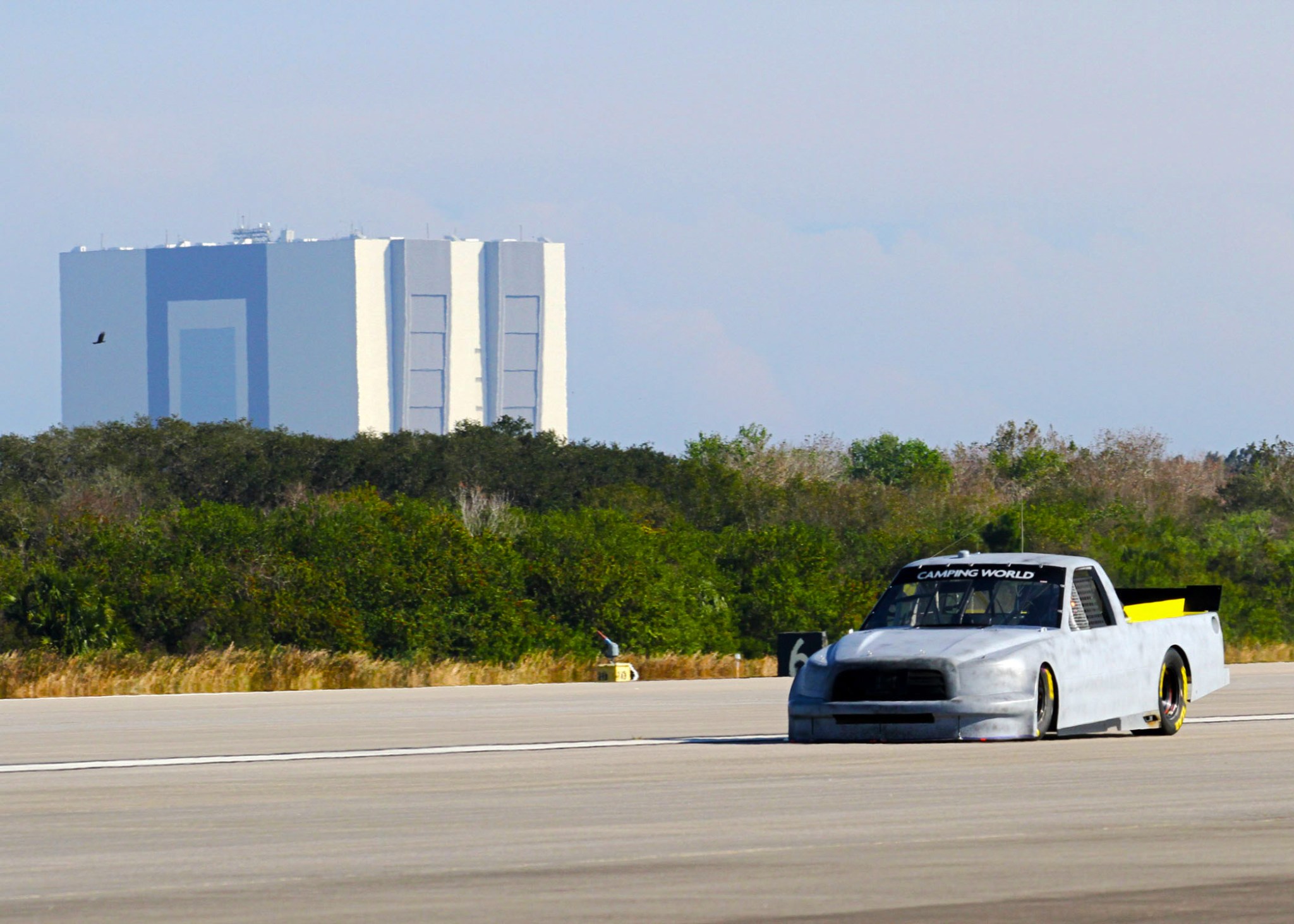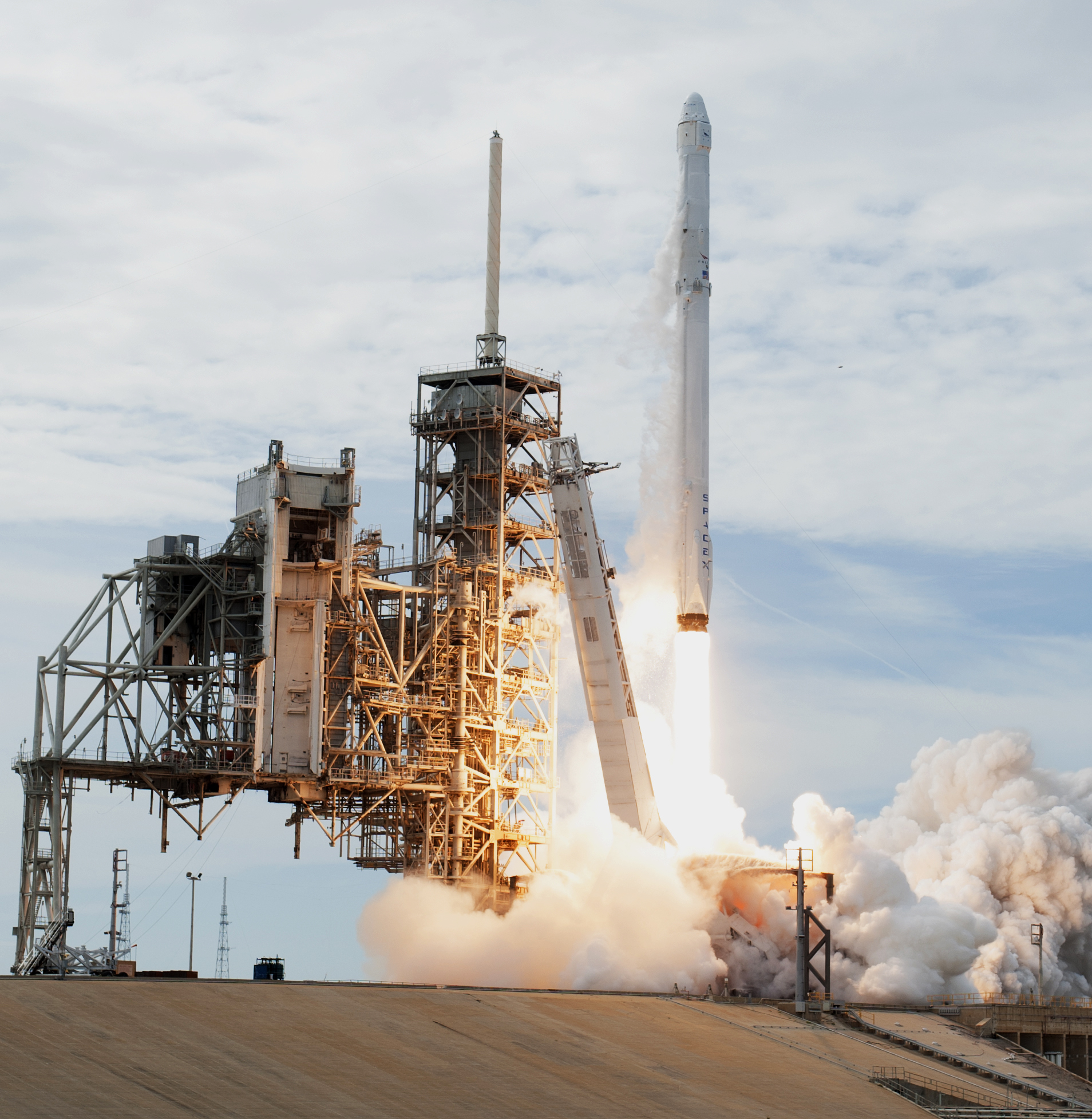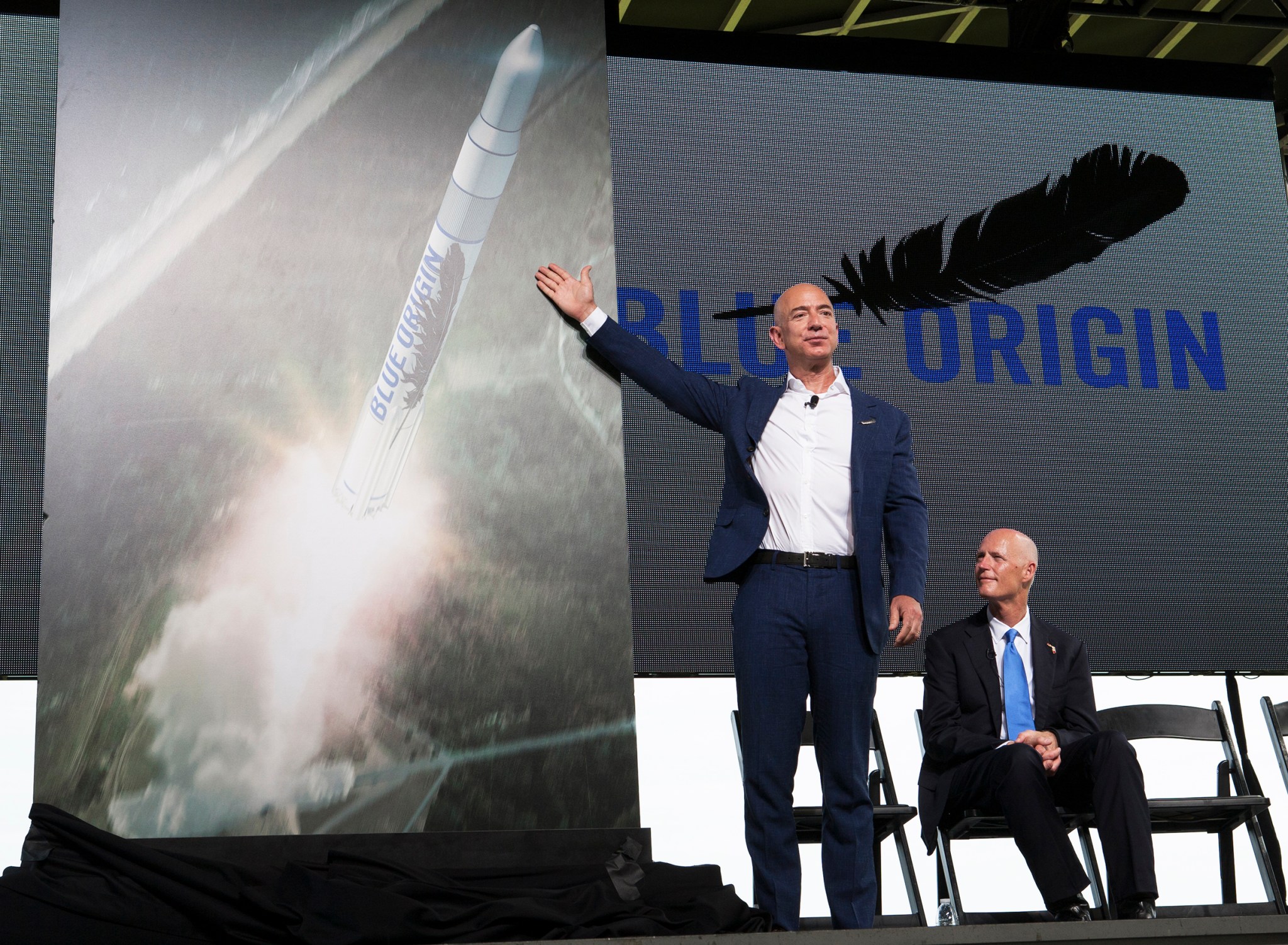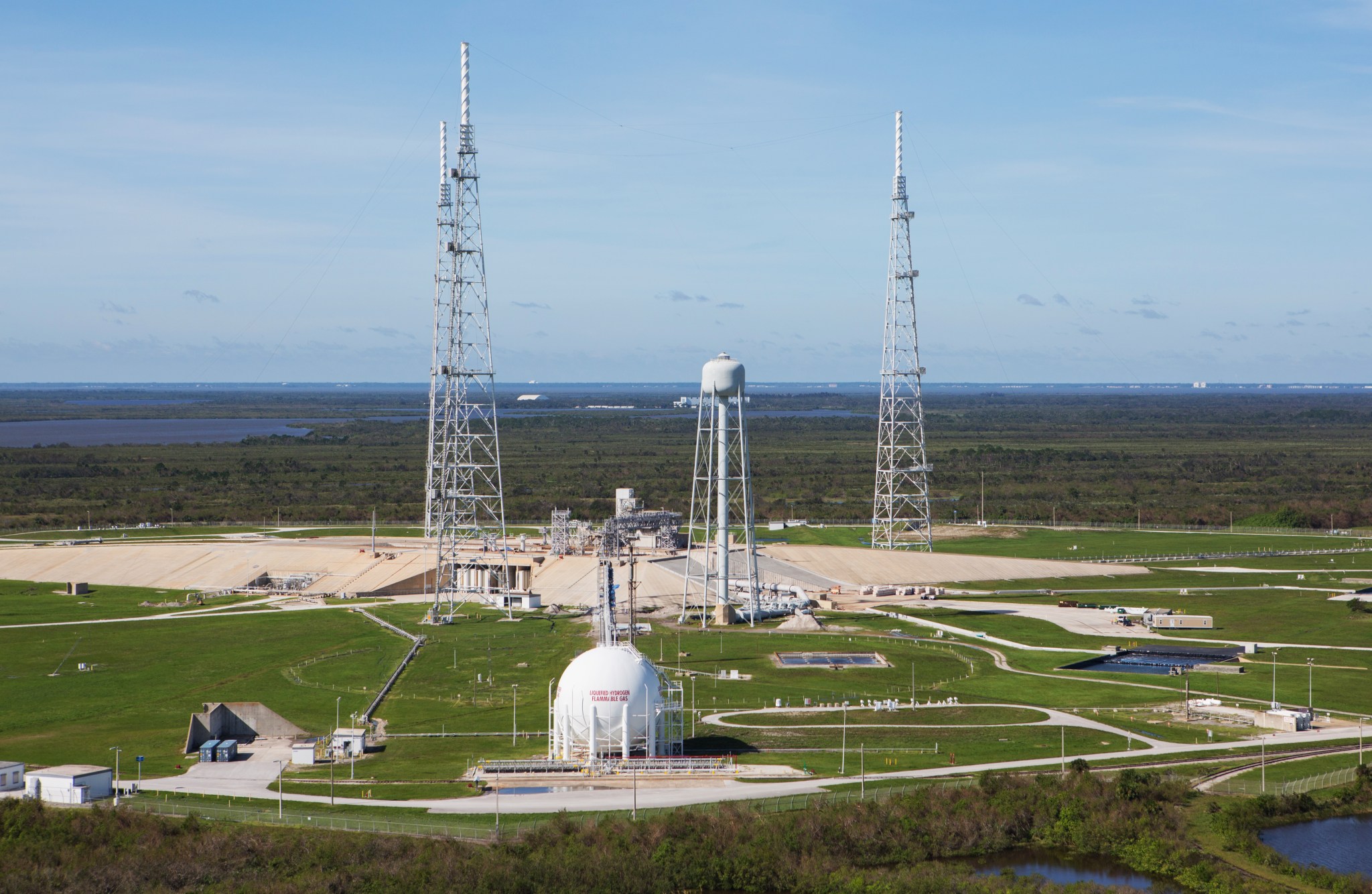By Bob Granath
NASA’s Kennedy Space Center, Florida
Well before the final space shuttle touched down in 2011, the burgeoning commercial space industry was expressing interest in expanding business pursuits in space. At the same time, NASA’s Kennedy Space Center in Florida found itself in a unique position. For over 30 years most of the center’s resources were dedicated for the expressed purpose of supporting the Space Shuttle Program. Now Kennedy was left with excess facilities and capacity with no program requirements or funding.
How would the center and its workforce respond with this change in role?
Preparation for the Future Set in Action
A more comprehensive vision was required to meet the emerging needs of both the civil and commercial space industries as the Space Shuttle Program was officially slated to end. Center leadership began looking to the future by developing an innovative concept for the historic Florida launch site: A new multi-user spaceport.
Deputy Center Director Janet Petro was tasked with chairing the Master Plan Steering Group, a team composed of agency and center experts committed to maximizing Kennedy’s competitive position, namely its experience, location and infrastructure to meet the nation’s forthcoming spacefaring needs. This “Future Development Concept,” developed in 2012, called for NASA to extensively partner with industry, remove unnecessary government oversight and allow commercial ventures to conduct operations using agency facilities and launch pads. Additionally, plans called for aerospace companies to fly astronauts from a multi-user spaceport.
“We looked at the landscape searching for the best way to use the available assets,” Petro said. “We realized we needed to change our focus from a big government, NASA-only space center to the agency partnering with others.”
This operational model change was unprecedented. Some questioned whether it should be done. Even if this transformation could be accomplished, many believed it would take many years for these changes to become a reality.
But this new vision sparked a commercial space revolution at the center.
New Use for Facilities
When it came to allowing new users to take over existing Kennedy assets such as the Orbiter Processing Facilities, launch pads and the Shuttle Landing Facility, Petro noted that with the congressional authority of the Space Act and the Commercial Space Launch Act, NASA could enter into agreements with commercial companies.
Orbiter Processing Facility (OPF) Bay 3, a structure used to process the shuttle orbiters, was the first significant partnership that signaled to the commercial community that Kennedy was serious about its transformation. Now called the Commercial Crew and Cargo Processing Facility, it is where Boeing is preparing its CST-100 Starliner spacecraft, which will carry astronauts to the International Space Station.
Additionally, at Kennedy’s Launch Complex 39A, used during both the Apollo and Space Shuttle Programs, in 2014 NASA signed a property agreement with SpaceX for the use and operation of the pad, where the company now is launching its Falcon 9 rockets. In the future, the Falcon 9 Heavy will lift off with the Crew Dragon spacecraft.
Through agreements with the Department of Defense, Kennedy also repurposed OPF 1 and 2 for support of the X-37 Orbital Test Vehicle. In 2015, the center signed a 30-year property agreement with Space Florida for the operations and management of the Shuttle Landing Facility. With that, a variety of commercial and government partners would all have access to use the three-mile long runway.
At a Kennedy Partnership Landscape Forum, Center Director Bob Cabana explained the center’s new approach.
“Now we’ve got multiple commercial customers and we’re utilizing center assets to become a spaceport with government and commercial operations,” he said. “If you look at what we’re putting in place here at Kennedy, it’s pretty amazing.”
Eliminating “Red Tape”
In 2015, well ahead of expectations, Kennedy met the objective of becoming a premier, multi-user spaceport, as laid out in its Master Plan.
The goal was fulfilled by successfully attracting commercial partners, but in doing so, NASA had to change the way it does business.
“We knew we had to find a way to eliminate ‘red tape’ and unnecessary regulations and bureaucracy,” Petro said. “This was the game changer. Removal of unwarranted government oversight has led to innovation and efficiency.”
According to Trey Carlson, master planner in the Center Planning and Development Directorate, as much as possible the center has taken a “hands off” approach.
“Our center Master Plan was much more than a traditional ‘facility-centric’ document,” he said. “The plan described not only the assets that NASA was going to make available to the commercial industry, but also the new way that Kennedy would operate.”
For instance, the center’s safety office took a comprehensive look at its requirements and developed safety volumes that were specific for NASA controlled, shared (NASA and commercial), and purely commercial operations.
“In supporting these partners, we don’t schedule the commercial partners’ operations,” Carlson said. “Instead, we review their plans to ensure we can provide our emergency operations center to support launches and other hazardous activities. On a day-to-day basis, Kennedy provides power, water, propellants and gasses, information technology, security, safety and fire-rescue services.”
A Key Agreement
Petro added that one of the keys to NASA being free to eliminate unneeded launch regulations was a change in a long standing practice with the U.S. Air Force. For over 50 years, all range operations and authority to launch at Kennedy and at Cape Canaveral Air Force Station (CCAFS) have been controlled by the Air Force’s 45th Space Wing. For three years, Petro worked with multiple leadership levels at Air Force Space Command, CCAFS, NASA Headquarters and the Federal Aviation Administration (FAA) to enable commercial launches from Kennedy property without Air Force oversight.
In October 2016, a memorandum was signed by the Air Force Space Command’s General John Hyten directing the Air Force to rely on the FAA licensing processes for commercial launches from Kennedy.
“As a civilian agency, NASA can operate on its own without seeking approvals from the military at the Cape,” Petro said. “And, by not mandating the commercial space operators use the 45th Space Wing for any necessary services, it allows the commercial operator to make the best business decisions for themselves.”
This business process change allows more flexibility to the commercial space community, and increases efficiency by not having unnecessary government bureaucracy in the middle.
“Except for protecting for the safety of the center’s people and our assets, commercial customers follow FAA regulations to receive their launch licenses.” she said. “We let our industry partners operate on their own.”
That paid off on Feb. 19, 2017, with the first liftoff of a SpaceX Falcon 9 from pad 39A.
While Launch Complex 39A is one of numerous existing facilities being put to new use, Blue Origin has begun new construction to manufacture rockets. The decision of where to locate its manufacturing operations was a competitive process conducted by Blue Origin, who looked at numerous locations and Southern states that would best benefit their business case. Kennedy played a pivotal role in their decision process, emphasizing the center’s flexible, business friendly environment that was being established for its multi-user spaceport.
On Sept. 15, 2015, Blue Origin announced that the company would manufacture and launch reusable rockets from Florida’s Space Coast, marking the first time an entire rocket system will be manufactured and processed at that location.
The Center Planning and Development Directorate, the organization that acts as Kennedy’s “front door,” was instrumental in ensuring that processes and agreements were in place between Space Florida and Blue Origin. Space Florida is the operator of Exploration Park where the manufacturing facilities are being built. For their launch operations, Blue Origin also plans to refurbish Space Launch Complex 36, a no-longer-needed Atlas II launch pad at the Cape.
Located just west of the center’s Industrial Area, Exploration Park is a partnership formed in 2011 between NASA Kennedy and Space Florida. While on agency property, the site is just outside the center’s gates on 299 acres and is charged with fostering growth of space industry.
“It makes sense to encourage new construction,” Petro said. “Out of 140,000 acres of land at the center, only about 7,000 acres have been developed.”
Commercial Launch Providers
NASA at Kennedy began its shift to relying on commercial partners in 1998, with establishment of the Launch Services Program (LSP). Rather than the agency being the provider of rockets to boost satellites and spacecraft to Earth orbit and beyond, LSP relies on industry to supply the rockets.
A little more than two years after the end of the Space Shuttle Program, SpaceX and Orbital ATK began successfully resupplying the International Space Station with cargo. The companies developed spacecraft through public-private partnerships under the agency’s Commercial Orbital Transportation Services Program to achieve safe, reliable and cost-effective commercial transportation to the station.
Through NASA’s Commercial Crew Program, based primarily at Kennedy, partners SpaceX and The Boeing Company now are developing safe, reliable and cost-effective access to and from low-Earth orbit with American-built rockets. Boeing’s CST-100 Starliner and SpaceX’s Crew Dragon are the next steps toward ferrying astronauts to and from the space station.
While relying on industry to support transportation to the International Space Station and meet other needs, NASA continues to focus on development of the Orion crew vehicle, Exploration Ground Systems and Space Launch System (SLS) rocket that one day will send astronauts beyond low-Earth orbit.
The SLS is a new heavy-lift launch vehicle, more powerful than any previously built, capable of sending humans aboard Orion to destinations such as the moon and Mars.
“Allowing industry to provide our transportation to low-Earth orbit means the NASA team can focus on what we do best – exploration,” said Cabana. “We’ve got a lot of work going on here at Kennedy. Our new approach will help us advance the mission of putting boots on Mars.”




